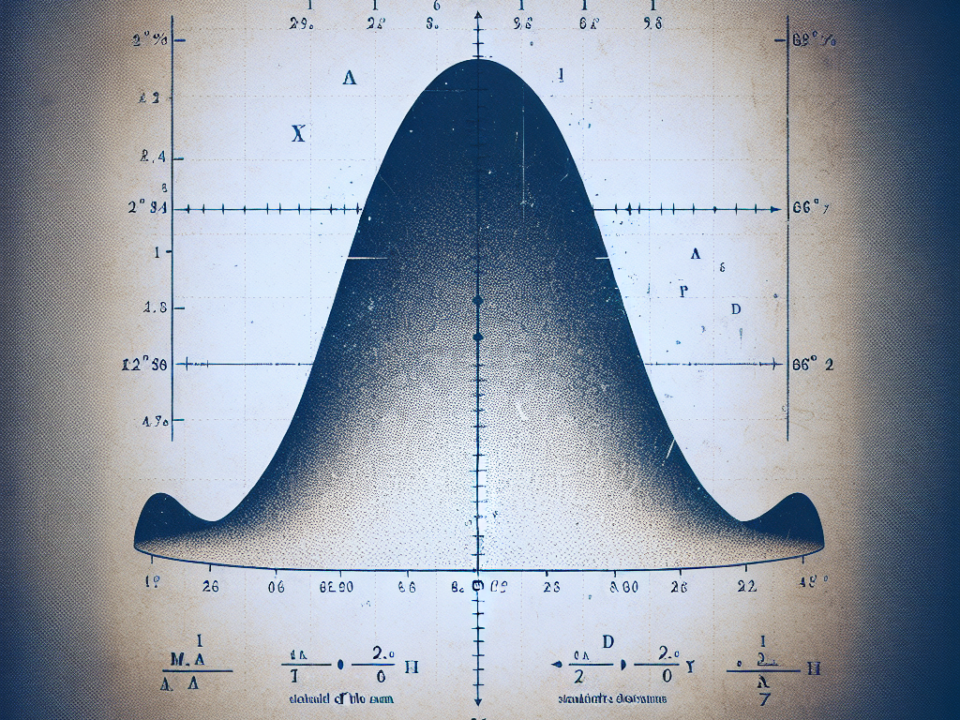[ad_1]
When it comes to analyzing data in the medical field, choosing the right statistical test is crucial for making sound decisions and drawing accurate conclusions. At StatisMed, we understand the importance of using the appropriate statistical methods to ensure the validity and reliability of your research findings.
Understanding the Basics
Before diving into the different types of statistical tests available, it’s essential to have a solid understanding of the basic principles of statistics. Whether you are conducting a clinical trial, investigating a new treatment method, or analyzing patient data, statistical analysis allows you to make sense of the numbers and identify patterns or trends.
To ensure that your data analysis is robust and scientifically valid, it’s important to consult with experts in statistical analysis services like StatisMed. Our team of experienced statisticians can help you navigate the complexities of selecting the right statistical test for your specific research questions.
Types of Statistical Tests
There are numerous statistical tests available, each designed to answer different types of research questions and test specific hypotheses. Here are some common types of statistical tests used in medical research:
- T-Test: Used to compare the means of two groups.
- ANOVA: Used to compare the means of three or more groups.
- Chi-Square Test: Used to examine the association between categorical variables.
- Regression Analysis: Used to identify relationships between variables.
Choosing the right statistical test depends on the nature of your data, research design, and the hypotheses you want to test. It’s important to consult with a statistical expert at StatisMed to ensure that you are using the most appropriate test for your analysis.
Factors to Consider
Before selecting a statistical test, consider the following factors:
- Type of Data: Determine whether your data is categorical, ordinal, or continuous.
- Research Design: Consider the design of your study (e.g., experimental vs. observational).
- Research Question: Clarify the specific research question or hypothesis you want to test.
- Sample Size: Ensure that you have an adequate sample size to detect meaningful effects.
- Assumptions: Check the underlying assumptions of the statistical test you plan to use.
By carefully considering these factors and consulting with a statistical expert from StatisMed, you can ensure that your data analysis is rigorous and meets the highest standards of scientific research.
Conclusion
Choosing the right statistical test is essential for conducting meaningful and reliable research in the medical field. By understanding the basics of statistics, familiarizing yourself with different types of statistical tests, and consulting with experts in statistical analysis services like StatisMed, you can ensure that your research findings are accurate and scientifically sound.
If you need assistance with statistical analysis for your research project, don’t hesitate to contact us at StatisMed. Our team of experienced statisticians is here to help you choose the right statistical test and conduct robust data analysis. Reach out to StatisMed today to request a quote and learn more about our services.
Remember, when it comes to statistical analysis in the medical field, precision and accuracy are paramount. Let StatisMed be your trusted partner in statistical analysis services.
[ad_2]







